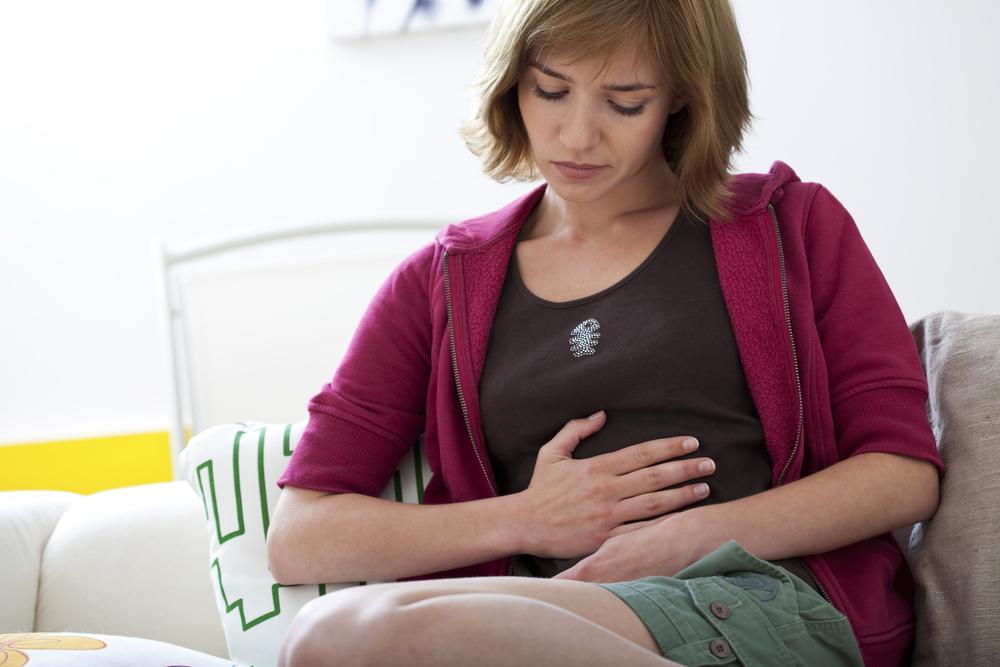Effective Strategies to Prevent Cervical Cancer
Discover effective methods to prevent cervical cancer through vaccination, regular screening, lifestyle changes, and increased awareness efforts. Early detection and proactive healthcare are essential in reducing the risk of this preventable disease. Learn how HPV vaccination and healthy habits can make a significant difference in protecting women's health worldwide.

Effective Strategies to Prevent Cervical Cancer
Cervical cancer was first documented in the 19th century, with treatment options like surgery developed later that century. The primary cause of cervical cancer is infection with the Human Papillomavirus (HPV). If untreated, HPV can lead to cervical cancer. Early detection through Pap tests can significantly improve treatment success. Cervical cancer is also known as Dysplasia or HPV. Regular screenings are vital for early diagnosis and prevention.
Preventing HPV Infection
One of the most effective ways to prevent cervical cancer is by avoiding HPV infection. Factors like unprotected sexual contact, multiple partners, weakened immunity, skin damage, oral sex, smoking, and certain birth control methods increase risk. Understanding these factors can help women adopt protective measures against HPV, reducing the likelihood of developing cervical cancer.
Cervical Cancer Awareness
Awareness is key to combating cervical cancer. Global campaigns aim to educate women about its causes, risk factors, and preventive steps. When awareness increases, early detection and prevention become more accessible, saving lives.
There have been numerous worldwide initiatives to inform women and communities about cervical cancer. Education efforts focus on risk factors and preventive practices to empower women to take proactive steps.
Vaccination Against Cervical Cancer
Vaccines are an effective tool in preventing HPV infections, even for women with a family history of cancer. Routine screening such as Pap tests is recommended starting at age 21. Women aged 21-29 should be tested every three years, while those over 30 should undergo both Pap and HPV tests every five years. Three vaccines—Cervarix, Gardasil, and Gardasil 9—are FDA-approved to protect against HPV strains linked to cervical cancer. Vaccination, combined with healthy lifestyle choices, can significantly reduce risk.
Lifestyle Adjustments to Reduce Risk
Women can lower their cervical cancer risk through lifestyle modifications like quitting smoking, practicing safe sex, limiting sexual partners, maintaining a nutritious diet, managing stress, and avoiding emotional breakdowns. Regular screenings and health awareness are essential components of prevention.










